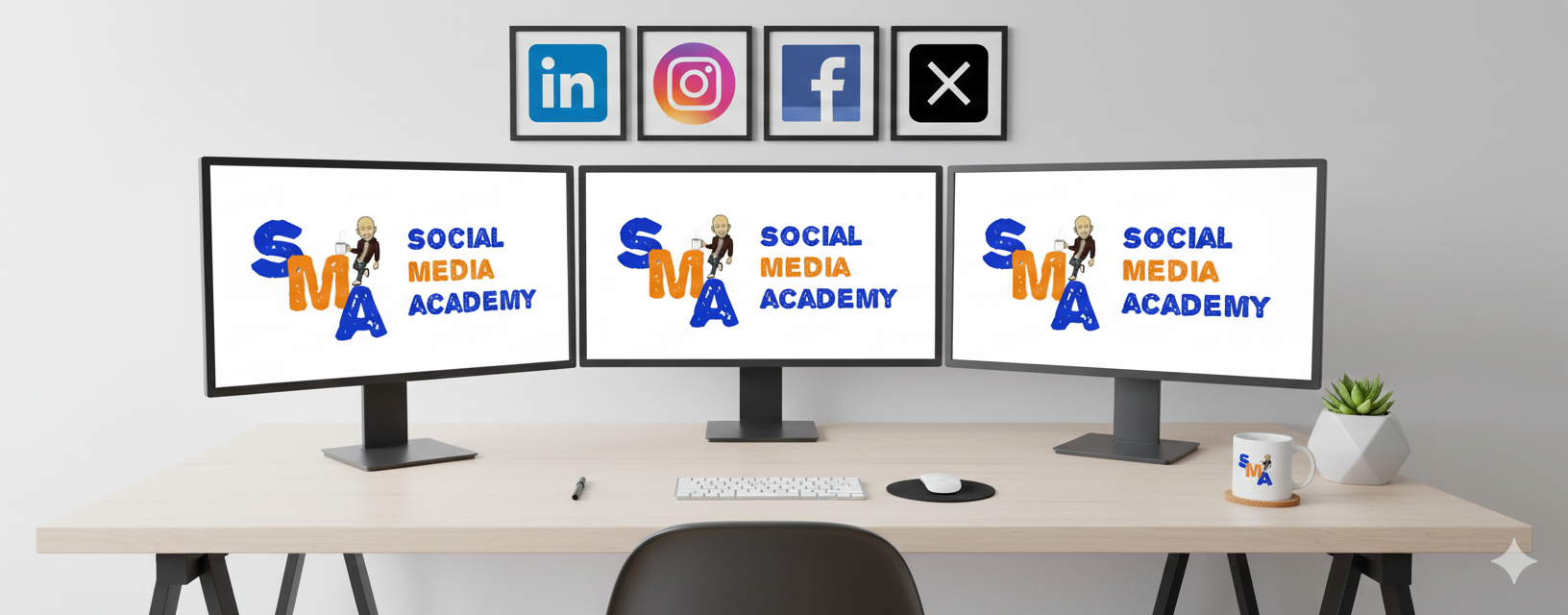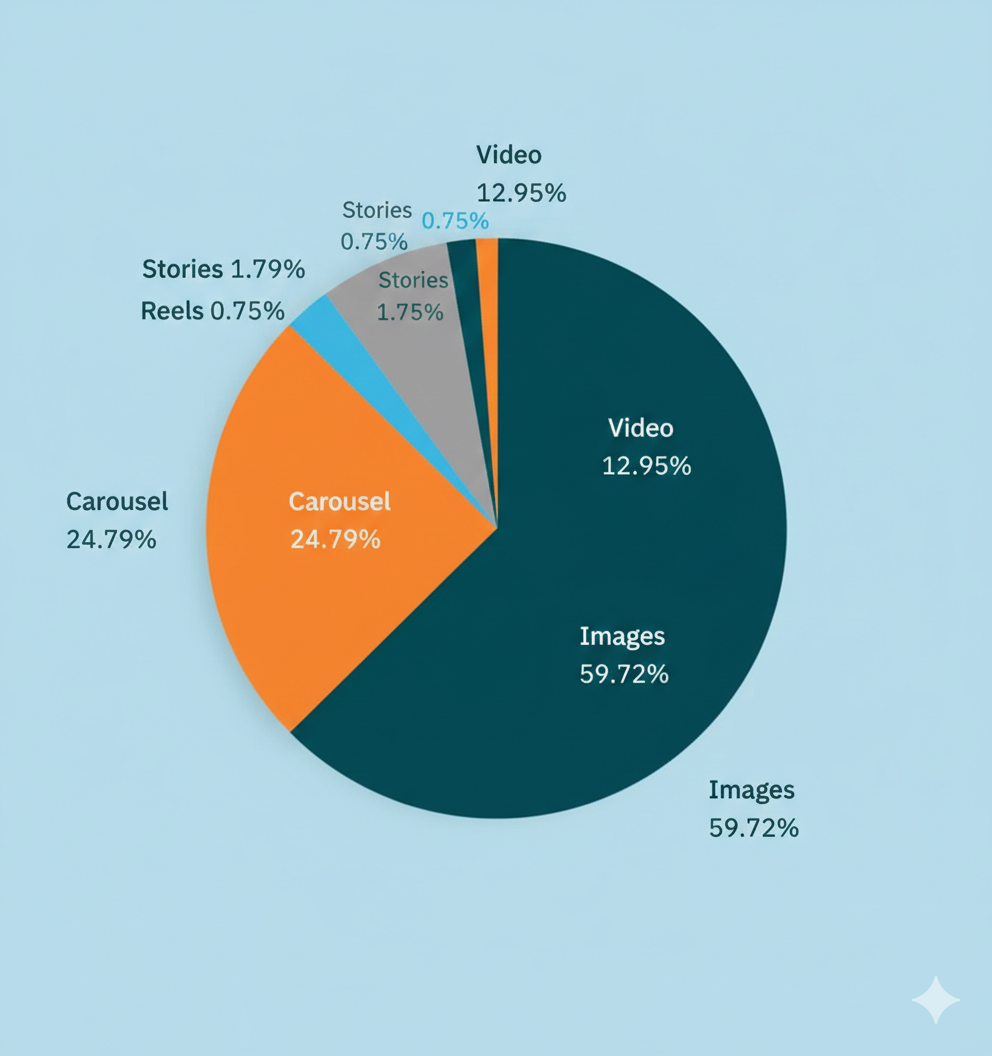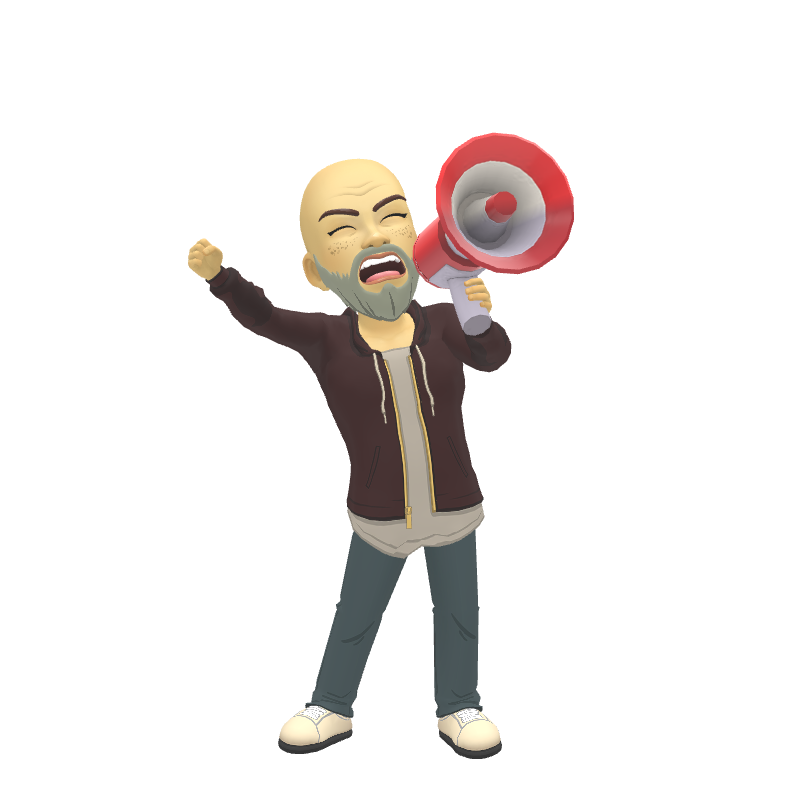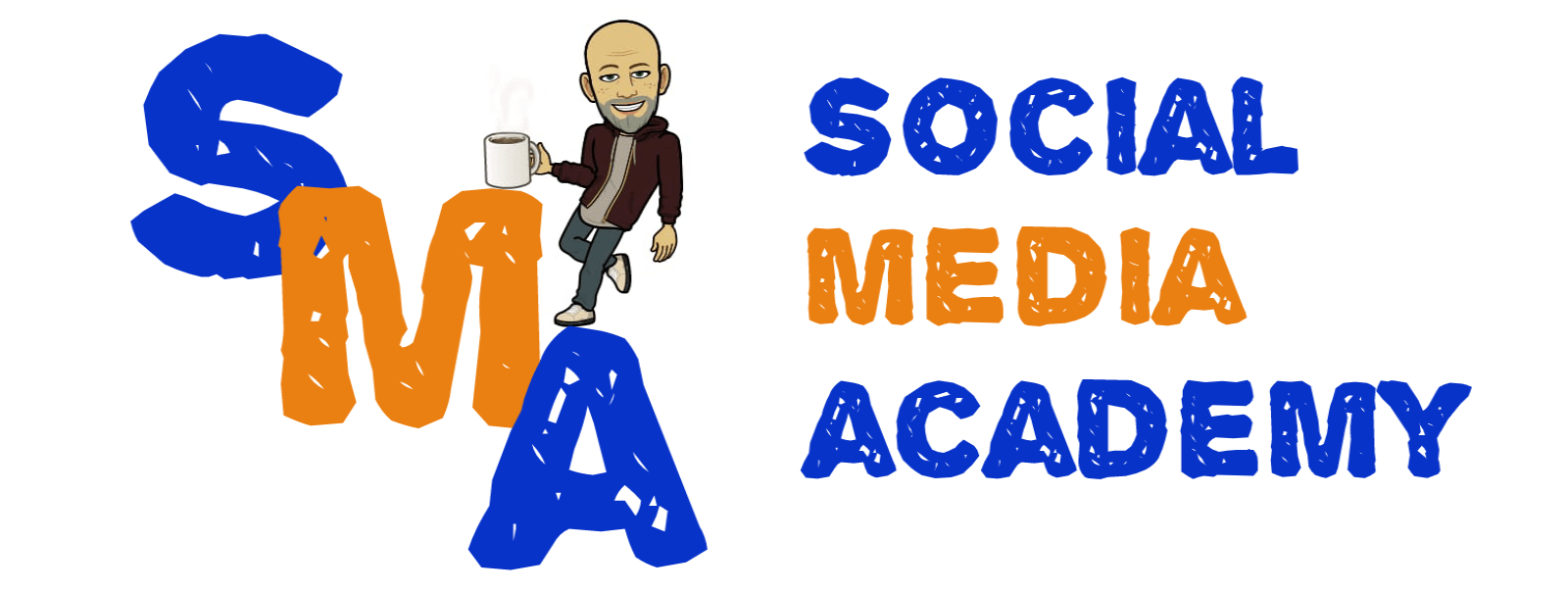Beat the Christmas Rush: Use December to Springboard Your January Sales

When it comes to December, the business game changes. You know the score: everyone is distracted. Half the country is frantically trying to wrap up work before Christmas, and the other half is already taking days off for last-minute shopping. Booking a formal business meeting in the first three weeks of December? Good luck with that!
If you’re spending your time fighting for 30 minutes in someone’s chaotic December calendar, you’re wasting energy. It's time to work smarter, not harder.
The Problem: December Distraction
In our 17 years of experience, we've seen December follow the same pattern:
- Decisions Halt: Big purchase decisions get pushed to "next year."
- Time is Gold: Everyone is hoarding their time for family, parties, or finishing existing projects.
- Noise Level is High: Your emails and calls are competing with hundreds of "Happy Christmas" messages and party invites.
Trying to close a complex deal now is often futile. So, what should you do instead?
The Solution: The January Springboard Strategy
Use December for something far more valuable:
proactive relationship building.
Instead of pushing for a meeting now, use the quiet administrative time in December to simply touch base with everyone who mattered to your business this year:
- Past Clients: Send a quick, genuine email thanking them for their business this year and wishing them well. No sales pitch, just humanity.
- Key Prospects: Send a quick note referencing a conversation you had six months ago. Say, "No need to chat now, but I wanted to wish you a great holiday and see how you got on with [their specific problem]."
- Networking Contacts: Reconnect with people you met earlier in the year but haven't spoken to recently.
The Pitch: Lock in January Focus
The key step is what you ask for next. You are not asking for a meeting now. You are asking for a simple, focused "catch-up" right after the holidays:
"I know December is chaos! But I'd love to properly catch up and share a few ideas for [their sector/growth] once things settle down. How does a quick 20-minute Zoom chat look for you on January 7th or 8th? It will be a great way to start the new year focused!"
This simple request gets you booked into their calendar for
January, when they are back at work, refreshed, and actually looking for new ideas and solutions.
Why This Strategy Wins:
- Low Pressure: You're not selling; you're being friendly and organised. This builds trust.
- Beats the Competition: While your competitors are still scrambling in January, your diary is already full of pre-booked meetings.
- Maximum Focus: January meetings are typically more productive because the client is focused on setting their goals for the new year.
- Instant Momentum: You hit the ground running with momentum right after the Bank Holidays.
Don't let the December downtime be wasted time. Use it to fill your January calendar and give your business the best possible springboard into the new year.
Ready to fill your January diary now?
Let's discuss how you can integrate this strategy with your social media and email marketing to automate your December outreach and ensure a profitable new year.
Blog










